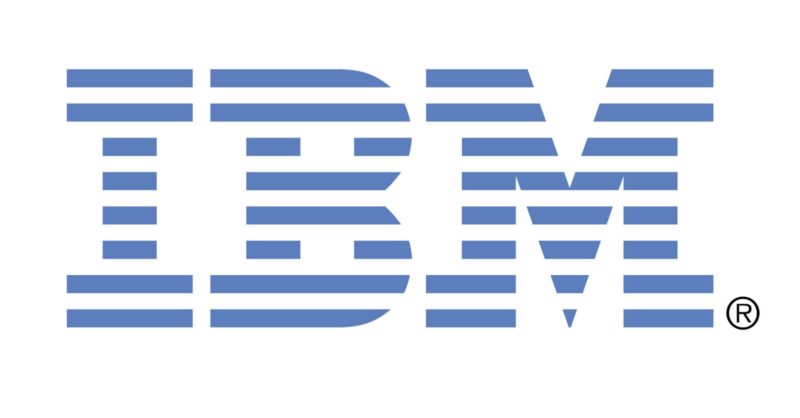IBM announced Monday that Workday, provider of enterprise cloud applications for finance and human resources, has adopted the IBM Cloud as part of a multi-year strategic partnership. IBM Cloud will become the foundation for Workday’s development and testing environment providing Workday with greater efficiency, flexibility, and global scale.
IBM’s global cloud data center presence includes nearly 50 highly scalable and security-rich IBM Cloud data centers in 17 countries on six continents. The company delivers enterprise cloud services ranging from analytics and Watson to Blockchain and Internet of Things to provide clients with more choice and flexibility in their digital transformation.
Workday intends to expand the use of IBM Cloud over time beyond development and testing. This announcement builds on the IBM and Workday partnership, which includes IBM’s global Workday Consulting Services, the 2015 acquisition of Meteorix–a Workday services partner–and IBM’s own use of Workday Human Capital Management for its global workforce.
As IBM Cloud becomes the primary platform for Workday’s development and testing, Workday will continue accelerating the pace of innovation for its applications and services. IBM Cloud will also provide important capacity expansion in support of Workday’s growing development and testing requirements.
“IBM and Workday are both delivering transformative applications and services in the cloud,” said Aneel Bhusri, co-founder and CEO, Workday. “Workday will use IBM Cloud to continue accelerating Workday’s internal development and testing efforts to support our ongoing global expansion.”
“Leading enterprises like Workday continue to turn to IBM Cloud for its global reach, flexibility, and resiliency,” said Robert LeBlanc, IBM Cloud’s senior vice president. “Through a preferred cloud partnership with IBM, Workday can accelerate its innovation efforts to better serve clients around the world.”
Last week, IBM Research – Almaden announced that its scientists have discovered that analyzing retail-scanner data from grocery stores against maps of confirmed cases of foodborne illness can speed early investigations. In the study, researchers demonstrated that with as few as 10 medical-examination reports of foodborne illness they can narrow down the investigation to 12 suspected food products in just a few hours.
In the study, researchers created a data-analytics methodology to review spatio-temporal data, including geographic location and possible time of consumption, for hundreds of grocery product categories.
Researchers also analyzed each product for its shelf life, geographic location of consumption and likelihood of harboring a particular pathogen – then mapped the information to the known location of illness outbreaks. The system then ranked all grocery products by likelihood of contamination in a list from which public health officials could test the top 12 suspected foods for contamination and alert the public accordingly.




